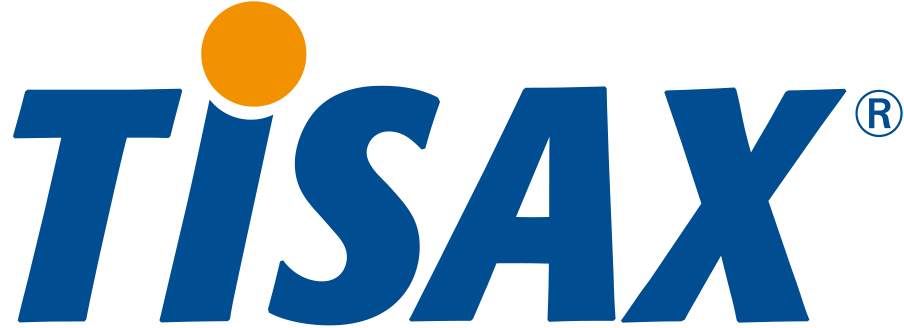
Top 10 Takeaways from Embedded World 2025
Embedded World 2025, held in Nuremberg between March 11 and 13, has once again proven to be a pivotal event for innovators, developers, and thought leaders in the embedded systems and software engineering space.






